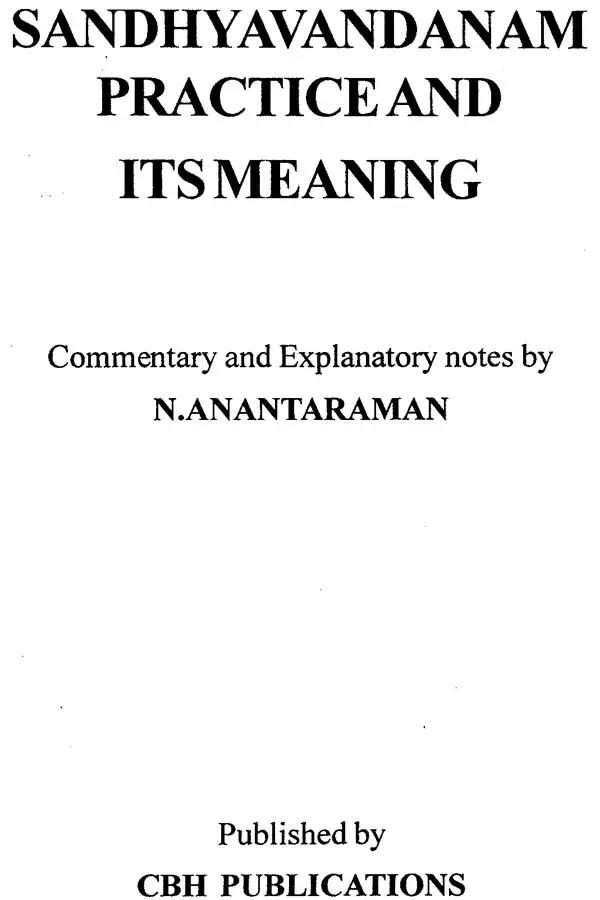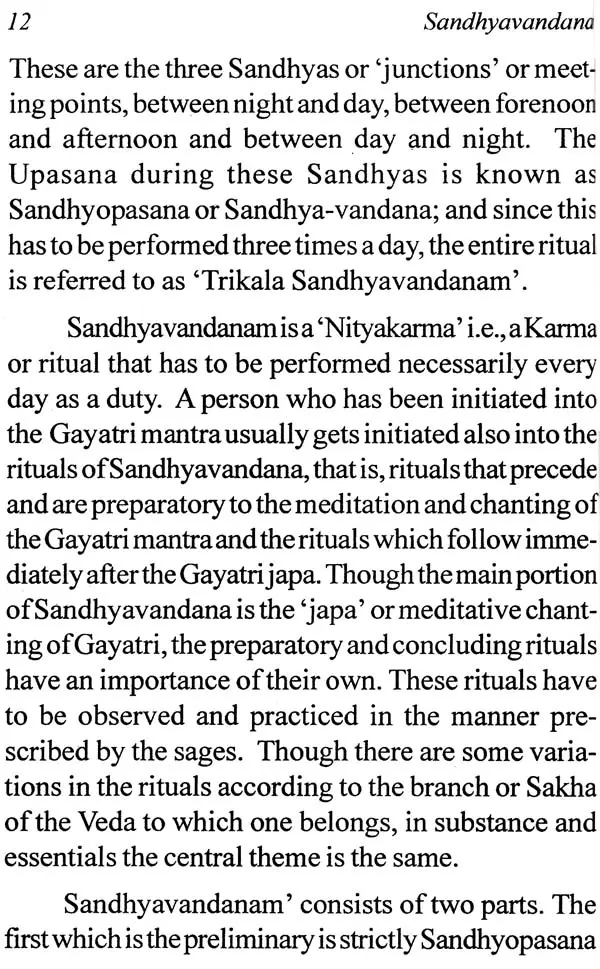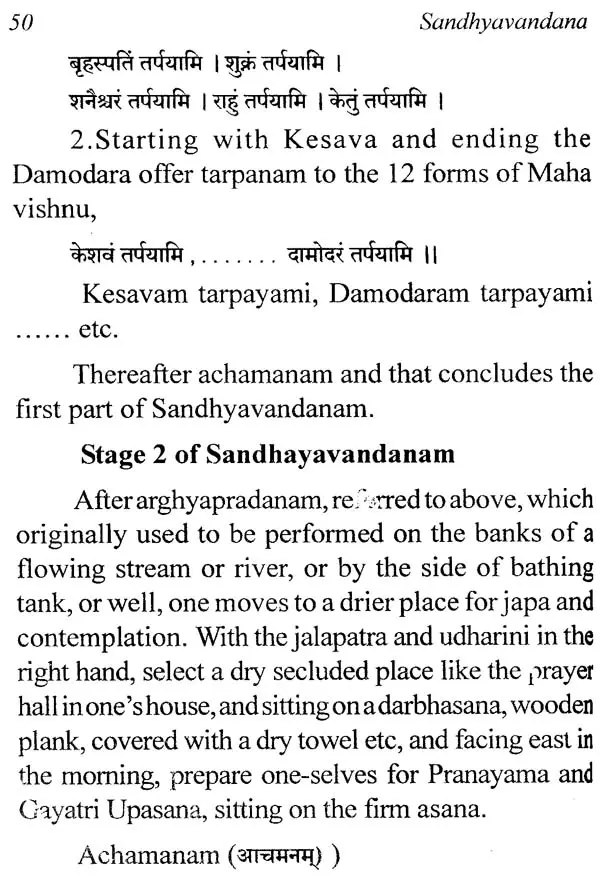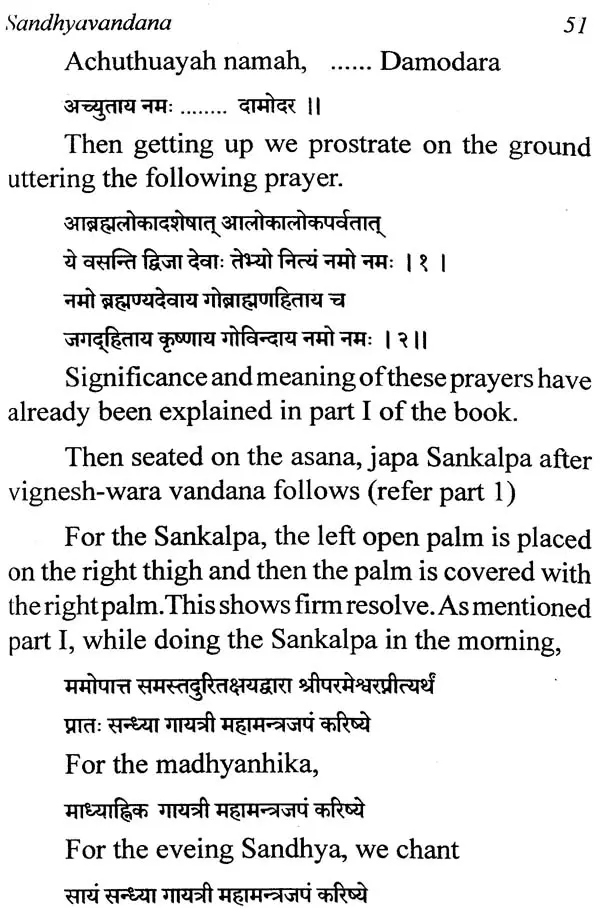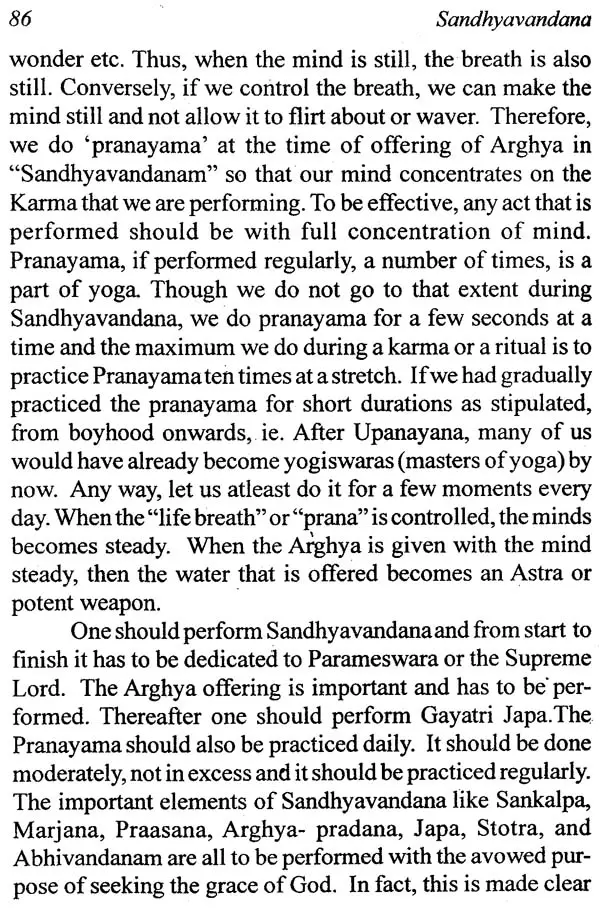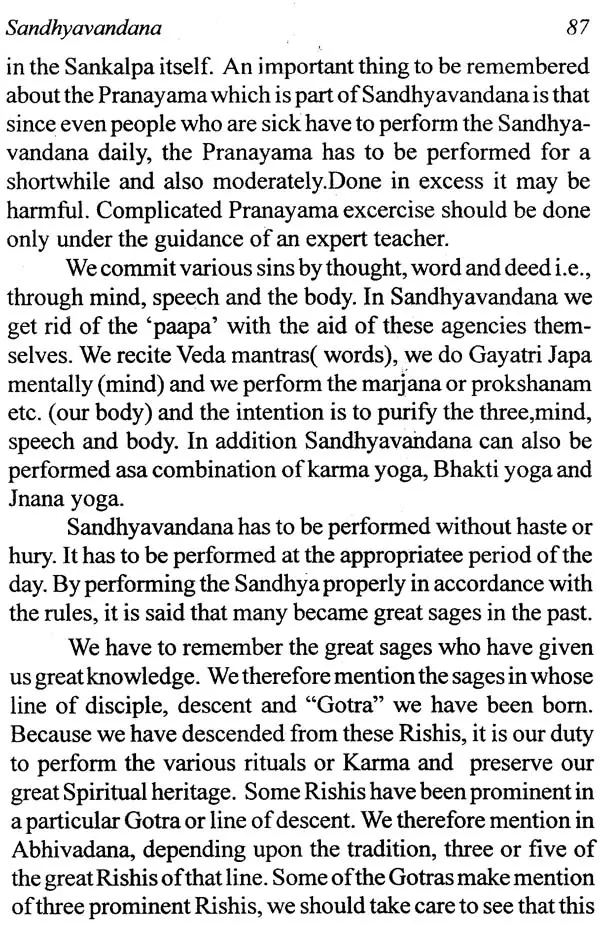Preface A few years ago, when I had the rare good fortune of having the *darshan' of the sage of Kanchi, the very revered Sri Chandra Sekharendra Saraswati Swami, the 68 Peethadhipati of the Kanchi Kamakoti Peetha, he gave expression to some of his thoughts on how best we can remember the great Adi Sankaracharya. A very good way of celebrating Sankara charya Bhagvatpada Jayanti, according to him, was to encourage the study of the works of the great Acharya, and to spread the message of Adi Sankara through books and monographs containing some aspect or the other of the great Master's Works, in simple language so that a large number of people may be able to read and understand those works, some of whom might also undertake further studies. While several eminent scholars have written on the philosophical works of the Acharya and a number of devotional hymns and poems composed by the Acharya have been translated, the need is felt to have simple translations of his devotional works with short explanatory notes so that the import of the slokas could be grasped easily. Besides, the majority of us who find it difficult to understand the profound Advaita philosophy can benefit by following the path of devotion. This booklet on Anandalahari stotra is one of a series of such books. This is brought out at the request and with the help of the Veda Rakshana Bodhi Trust, Bombay. This is a Trust founded under the blessings of the Sage of Kanchi for the preservation and propagation of our Vedic heritage. This booklet, dedicated to His Holiness.
Sri Chandrasekharendra Saraswati Swaminah on his 88th birthday by the Veda Rakshana Nidhi Trust (Bombay unit) is offered to the Aastika public with the hope that they will find it useful and that it may motivate some of the readers to undertake a detailed study of some aspects of the works of the incomparable Adi Sankara.
Introduction Sanatana Dharma, which is generally referred to as Hinduisms, lays stress on Dharma, etymologically speaking, is that which sustains. That which sustains eternally is Sanatana Dharma. Therefore, the expression "Sanatana Dharma" cam be translated as "the eternal principles of right living". Dharma involves the observance of certain codes of discipline, the performance of certain duties and the practice of certain correct principles so that gradually man progresses and evolves into a higher state. The progress envis aged is not mere material progress alone for which many people sacrifice principles of Dharma, scuttle discipline and neglect duties, but all round progress physical development free from disease, moral development free from superstition and warping tendencies, moral development free from narrow prejudices, and spiritual development. The rituals prescribe in Hindu religion are material benefits; for without these, ordinary men will not easily be induced to take to the path of Dharma.
Book's Contents and Sample Pages
